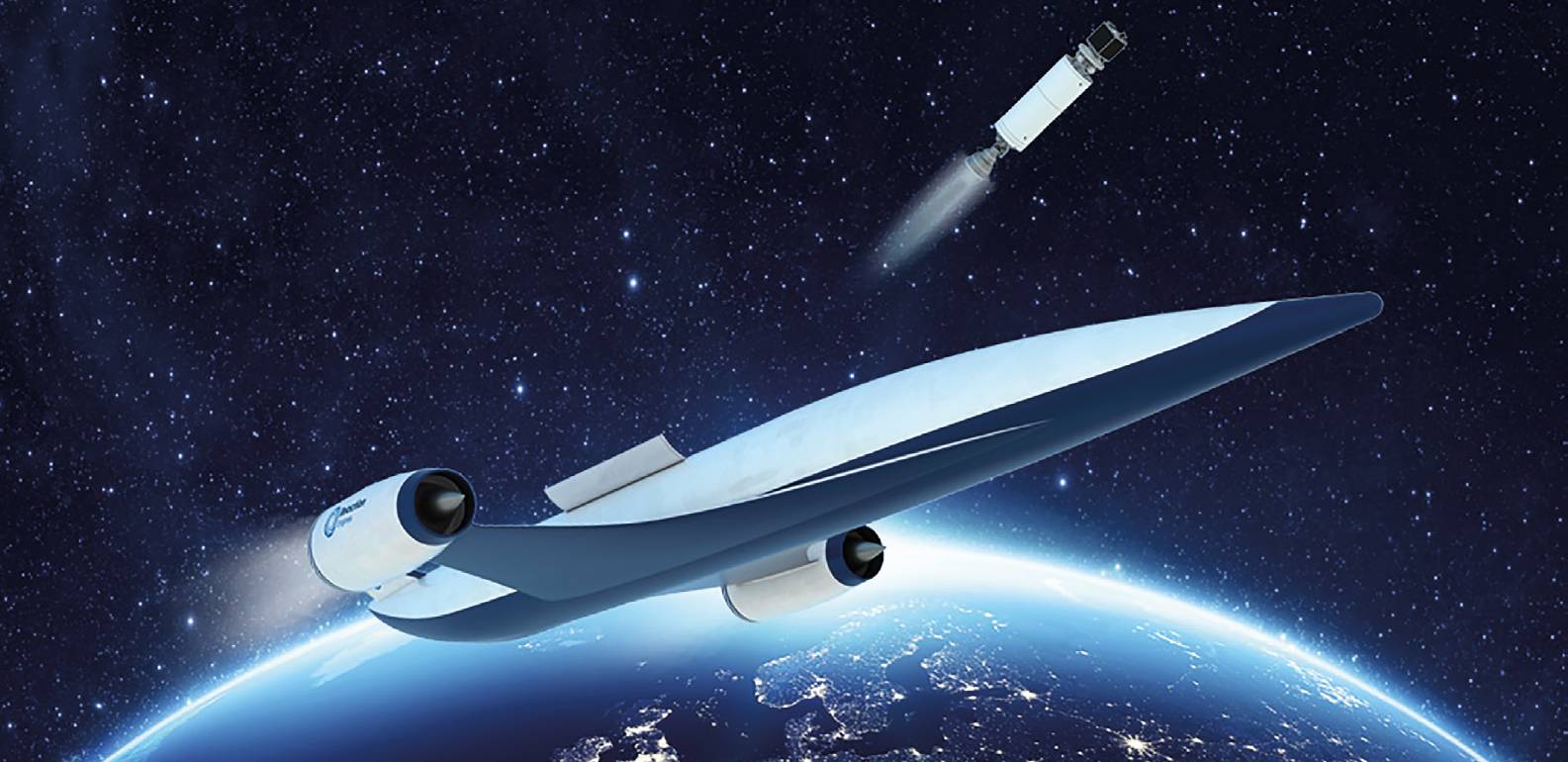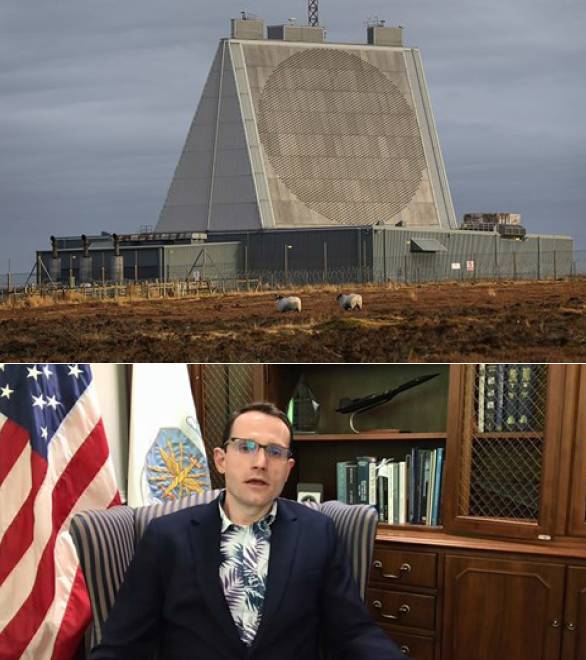SPACE Defence Space Conference Report
 Reaction Engines
Reaction Engines
Ad Astra
UK sets eyes on defence space
From a budget black hole to blast-off – UK ambition for its role as global space power rockets skywards. TIM ROBINSON FRAeS reports from the 2020 MoD Defence Space virtual conference.
Taking place on 17-18 of November, the MoD Defence Space Conference 2020 was, as might be expected, a virtual gathering, rather than a physical one. However, this allowed some 635 delegates from around the world to dial in, and this number was doubled during the International Space Pitch Day session, more of which below.
Over the two days the sessions ranged from high-level strategic doctrine, to discussions on orbital manufacturing, from space diplomacy, to diversity and inclusion, with 45 speakers and panelists that ran the gamut from the Secretary of State for Defence, the Chief of Air Staff and Commander UK Strategic Command, to a RN Sub Lieutenant and junior officers – as well as industry executives and scientists. The virtual event, organised by the UK’s Air & Space Power Association saw a very strong international presence – with presentations from the General John ‘Jay’ Raymond, Chief of Space Operations, US Space Force, General Michel Friedling, Space Commander French Air & Space Force and Mircea Geoanà, Deputy Secretary General, NATO.
Let’s take a look though at some of the highlights.
 Left: Air Chief Marshal Sir Mike Wigston laid out the challenges in space and what the UK intends to do about them. Right: The day after the conference saw British Prime Minister Boris Johnson announce a significant boost to the defence budget – including the creation of Space Command. Crown copyright/No 10
Left: Air Chief Marshal Sir Mike Wigston laid out the challenges in space and what the UK intends to do about them. Right: The day after the conference saw British Prime Minister Boris Johnson announce a significant boost to the defence budget – including the creation of Space Command. Crown copyright/No 10
Giving one of the keynote addresses was RAF Chief of the Air Staff, Air Chief Marshal Sir Mike Wigston, who laid out in stark terms the scale of the emerging threat that runs from cascading space debris to cyber. All of these have the potential to damage, disrupt or create havoc with the spacebased critical infrastructure that governs our everyday lives and which the majority of us are oblivious to. In his address, Wigston pointed the finger firmly at Russia and China in developing new anti-satellite capabilities, conducting suspect proximity operations and generally putting other space users at risk through irresponsible behaviour – a view repeated by SoS Defence, Ben Wallace MP who said: “our adversaries are increasingly seeking to weaponise space.”
With words that no doubt reverberated with previous RAF chiefs’ thoughts on air power, Wigston said: “a future conflict may not start in space. However, I am in no doubt it will transition very quickly to space and it may even be won or lost in space.”

